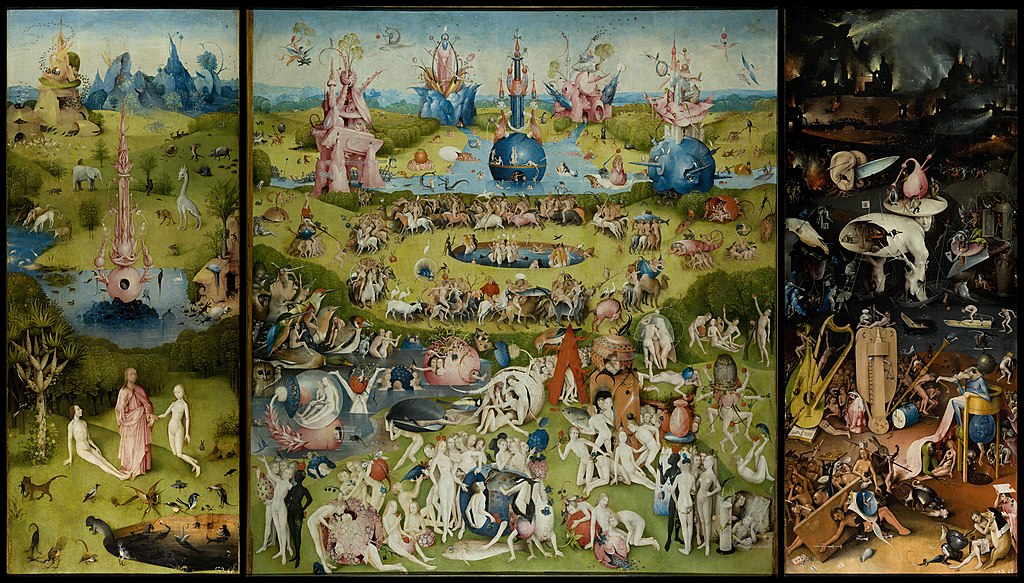"O'Connor's stories are about people struggling with one another, trying to wrest victories from the recalcitrance of love and fate. They are about the triumph and failure of the will, the divine and the human, and about the tragic consequences of our flawed perceptivity, which quietly stalk us all, like age and death. In spite of the brutal fates that so often befall her characters, O'Connor possesses a genuine sympathy for them, even as she modelled the majority after the secular humanists and materialists she so vehemently decried. This sympathy is born from a common humanity, the awareness on O'Connor's part that all of us share in concert the fundamental condition of sin and the possibility for spiritual advancement once we recognize the devil's hand within our own.
Flannery O'Connor remains one of the most difficult writers of the modern period, not because her tales are necessarily more complex than another's, but because her sensibilities and values are so foreign to her era. O'Connor's literary vision comes burning out of a distant time and place; it slashes like a demon's talon, repudiating modernity's complacent conviction that God had died a Victorian. To appreciate fully O'Connor's art, we must accept it in the religious context from which it was written. To do so requires the type of struggle that virtually forces the reader to identify with her own children - Francis Tarwater or, better still, her uncle Rayber. The secular reader wrestles with O'Connor in a manner similar to a willful child who is forever testing his parents' authority. The child may well become an adult with his own values that differ greatly from those of his parents, but in the end he will somehow show the influence of his parents' vision. He has to: it is in his blood."
Tony Magistrale, "'I'm Alien to a Great Deal': Flannery O'Connor and the Modernist Ethic" (97-98)
The penultimate book in my 20th Century class is Flannery O'Connor's Wise Blood. Up till this point, the only other piece I had read was A Good Man is Hard to Find, but her reputation for strong Christian themes had left me interested in reading more. I'm about 3/4 the way through, and it has been one of the most difficult books I've yet read. Very dark, very bleak, very off-putting.
 |
| Bosch, "The Garden of Earthly Delights" |
Even though I don't enjoy reading the novel, it's a fantastic piece of literature. I think the above quote is key to "getting" O'Connor. The characters/stories are distasteful on purpose; O'Connor is demonstrating for us the horror of a godless, thoroughly-secular life. I admire her for her willingness to stand alone amid the dogmatism of mid-century modernism.
I like the last few sentences of the quote's first paragraph as well. As a great supporter of the liberal arts as a way to unite - rather than divide - humanity, I have often struggled to reconcile the humanism of such a worldview with the reality of Christian theology. The talk about "celebrating the human experience" etc. makes me nervous, because while humanity does have great potential (we are image-bearers of God) it will never be able to fulfill this potential on earth. I appreciated the alternative perspective O'Connor brings to the conversation: We do indeed share many qualities in common, but rather than puff us up, this knowledge ought to lead to humility, because ultimately, we are all united in our fallen need for a Savior. Our common humanity is both beautiful and broken. O'Connor demonstrates the world's vital need for the promise of Redemption.

No comments:
Post a Comment